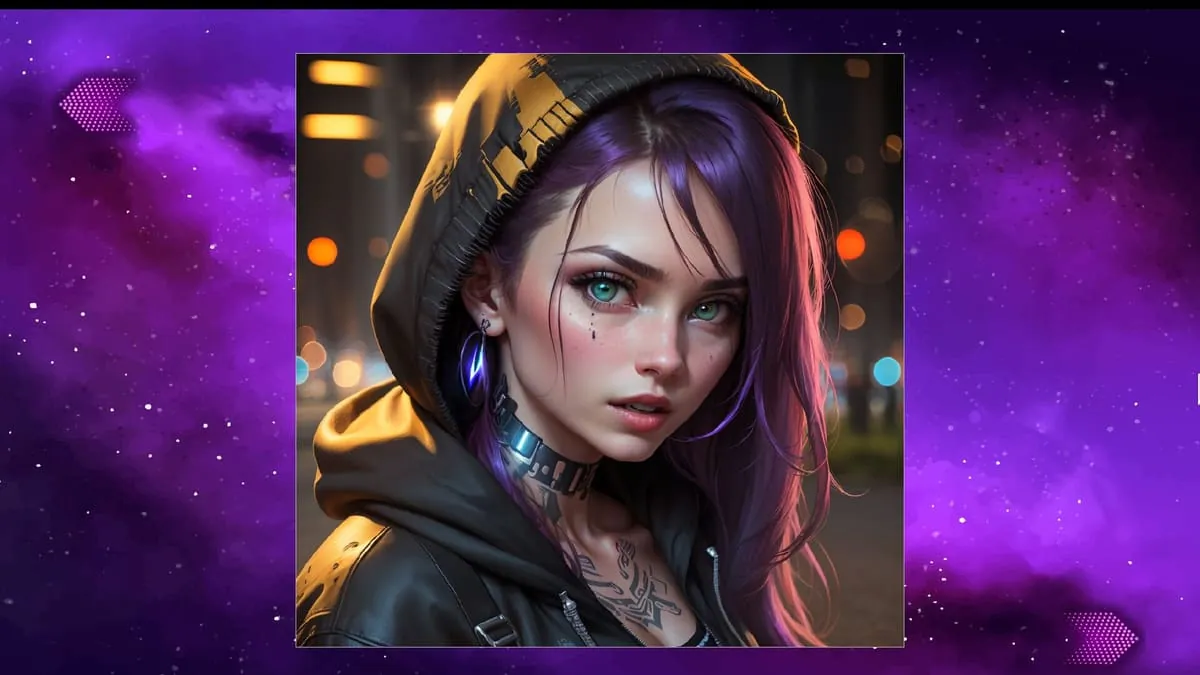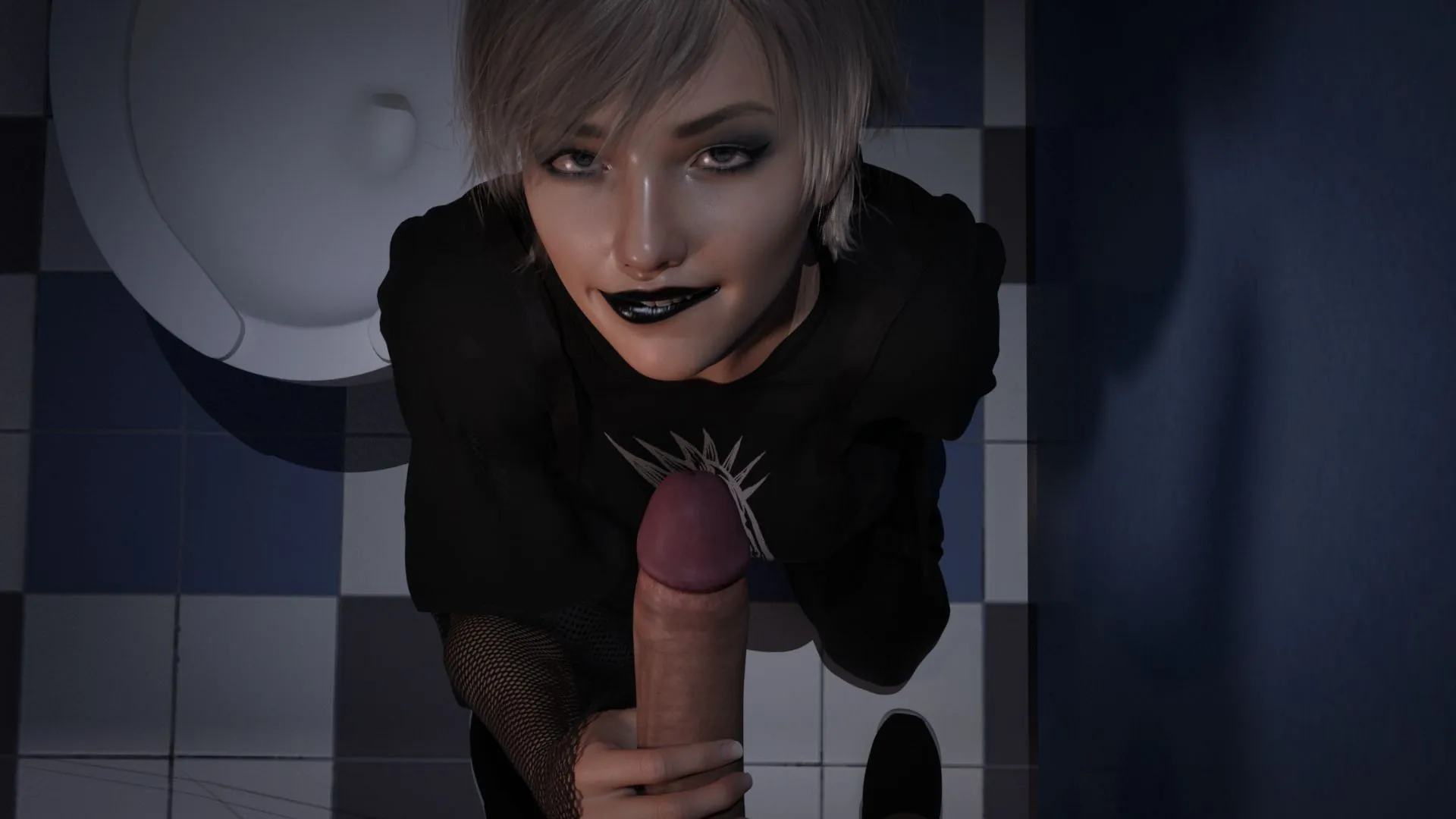
Sunshine Love
Play Sunshine Love
Sunshine Love review
Master every choice, relationship path, and ending in this choice-based visual novel
Sunshine Love stands out as a choice-based visual novel that puts player agency at the center of the experience. This first-person narrative adventure combines relationship-building mechanics with meaningful decision-making that directly impacts character development and story progression. Whether you’re exploring romantic connections, navigating complex character dynamics, or seeking to unlock hidden content, understanding the game’s core systems is essential. This guide breaks down everything you need to know about maximizing your Sunshine Love experience, from relationship tracking to decision consequences that shape your unique playthrough.
Understanding Sunshine Love’s Core Mechanics and Gameplay Systems
Ever found yourself completely immersed in a story, only to have a character you’ve been pouring your heart into suddenly turn cold for no apparent reason? 😥 I have, and it’s the worst! That’s why understanding the Sunshine Love gameplay mechanics is your golden ticket to avoiding those heartbreaking moments. This isn’t just about reading a story; it’s about actively shaping it, and the game’s systems are the tools you use to build your perfect summer romance. 🏖️
Think of this guide as your friendly co-pilot through the game’s intricate world. We’re going to break down exactly how your choices ripple through the narrative, how to win over your favorite character, and how to ensure you get the ending you truly desire. Let’s dive in! 🤿
How Choice-Based Narrative Systems Work in Sunshine Love
At its heart, Sunshine Love is a masterclass in choice-based visual novel systems. Unlike a traditional book or movie, you’re not a passive observer. You are the protagonist, and every decision you make, no matter how small it seems, carries weight. 🏋️
The core loop is beautifully simple yet deeply complex: you read a segment of the story, you’re presented with a choice, and your selection directs the narrative down a specific path. These aren’t just cosmetic “illusion of choice” moments. The game’s engine is constantly working in the background, tracking your preferences, your personality, and your relationships. I remember my first playthrough, thinking a simple choice about whether to help a character carry groceries was just a polite gesture. Little did I know, that single act of kindness was the first brick in a path that eventually led to a deeply emotional confession scene hours later. ✨
These branching narrative paths are the soul of the experience. The game doesn’t have one linear story with a few detours; it has a vast, interconnected web of possibilities. Your journey will be uniquely yours, shaped by a combination of:
* Major Plot Decisions: These are the big, obvious forks in the road, like deciding who to spend a festival with or how to resolve a major conflict.
* Dialogue Choices: Even casual conversations can influence how characters perceive you. Are you witty, sincere, shy, or bold? Your dialogue defines your avatar’s personality.
* Action Choices: What you do often speaks louder than what you say. Choosing to pursue a hobby, visit a specific location, or invest time in a particular subplot opens up entirely new story threads.
Pro Tip: Don’t savescum every single choice! Some of the most memorable and authentic moments in Sunshine Love come from dealing with the unintended consequences of a spontaneous decision. Live with your choices for a more rewarding role-playing experience. 😉
The brilliance of these choice-based visual novel systems is that they make you care. Because you are actively participating, the emotional stakes are infinitely higher. A character’s disappointment feels like a personal failure, and their joy feels like a shared victory. This is the magic of Sunshine Love gameplay mechanics at work.
Relationship Tracking and Character Affinity Mechanics
So, how does the game remember all your choices and tailor the story just for you? 🤔 It all comes down to a sophisticated, albeit hidden, system of relationship tracking in visual novels. Sunshine Love uses a series of internal meters and flags to monitor your progress with every character and storyline.
The most crucial of these are the character affinity mechanics. Think of affinity as a numerical representation of a character’s feelings toward you. Every positive interaction—a supportive comment, a shared interest, a thoughtful gift—causes this invisible meter to tick upward. Conversely, being dismissive, breaking promises, or siding against them in an argument will cause it to drop. 📉
But it’s not just one generic “like” meter. The game tracks multiple stats that paint a detailed picture of your relationships and your own personal journey. Understanding these is absolutely key to mastering the game and learning how to unlock special scenes.
| Stat Type | What It Measures | How to Influence It | Impact on Story |
|---|---|---|---|
| Romance Affinity | The depth of romantic interest with a specific character. | Choosing flirtatious dialogue, giving romantic gifts, and spending quality one-on-one time. | Unlocks romantic paths, intimate scenes, and determines your final romantic partner. |
| Friendship Affinity | The strength of a platonic bond. | Being a reliable friend, offering support, and sharing hobbies without romantic overtones. | Opens up supportive subplots, secret hangout spots, and special “best friend” endings. |
| Trust | A character’s belief in your reliability and honesty. | Keeping secrets, showing up when you say you will, and being truthful in difficult situations. | Characters will share more personal information and rely on you during crises. Low trust can lead to confrontations. |
| Happiness | A character’s general emotional state. | Resolving their problems, making them laugh, and creating positive memories together. | A happy character is more open and receptive. Chronically low happiness can lock you out of their route entirely. |
🎯 My “Aha!” moment with this system came during my pursuit of a particularly reserved character. I kept choosing what I thought were romantic options, but our relationship was stagnating. I finally realized I was neglecting their “Trust” and “Friendship” stats. By focusing on being a dependable friend first, the romance naturally blossomed later in a way that felt incredibly earned and satisfying. This is the power of nuanced character affinity mechanics.
These stats are the gatekeepers to the game’s most precious content. Reaching a specific threshold of Romance Affinity with a character is often the requirement for that beautiful sunset confession. 🥰 A high enough Friendship score might unlock a scene where a character confides their deepest fears in you. This intricate relationship tracking in visual novels is what transforms Sunshine Love from a simple story into a dynamic, reactive world that remembers your name.
Decision Consequences and Story Branching Explained
This is where all the systems we’ve discussed converge into a breathtaking display of narrative cause and effect. The decision consequences visual novel fans dream of are on full display here. In Sunshine Love, your choices aren’t forgotten; they’re seeds that grow into subplots, character transformations, and entirely new branching narrative paths. 🌱➡️🌳
The game employs a “flag” system. Making a significant choice “flags” that event as having occurred in your specific playthrough. Later scenes will check for the presence or absence of these flags to determine which dialogue, scenes, and options are available to you. It’s a complex domino effect where one tipped piece can change the entire layout of the board.
Let me give you a concrete, real-game example of how a single, seemingly minor decision can create a cascade of decision consequences:
The Early-Game Scenario: Chapter 1 – “The Arrival”
You’ve just arrived in the sunny coastal town. You run into two characters, Alex and Bailey, who are arguing about how to spend the community’s limited funds.
* Choice A: Side with Alex, who wants to fund the local art festival. 🎨
* Choice B: Side with Bailey, who wants to repair the old fishing pier. 🎣
You choose Choice A (Support the art festival).
The Cascading Consequences:
-
Immediate Effect (Chapter 1): Alex’s affinity increases significantly. Bailey’s affinity decreases. Alex thanks you warmly, while Bailey seems disappointed.
-
Short-Term Effect (Chapter 2): Because you supported the festival, you get an invitation from Alex to help with the preparations. This unlocks several new, exclusive scenes with Alex and their friend group, further boosting your affinity with them. Meanwhile, you notice Bailey is less present in group hangouts.
-
Mid-Game Effect (Chapter 4): The art festival is a success. A subplot opens up where a local artist, impressed with your support, offers to teach you a skill (e.g., painting). This skill can later be used as a unique gift or conversation topic with other art-inclined characters. Conversely, the old pier remains dilapidated. An optional, heartwarming scene where locals fish from the pier at sunset is permanently locked for this playthrough.
-
Long-Term Effect (Chapter 7): This is where it gets really interesting. A major story event involves a storm.
- In this timeline (where the pier wasn’t repaired), the storm causes significant damage to the pier, creating a community crisis. This becomes a central plot point that everyone must deal with.
- Had you chosen to repair the pier (Choice B), the storm would have caused minimal damage, and the community conflict would have centered around something else entirely, like a funding dispute for the next year’s festival.
-
End-Game Effect (Final Chapters): Your relationship with Alex is likely strong enough to pursue their romantic path. Your relationship with Bailey, however, may require significant effort to repair if you wish to pursue them. The entire “community spirit” arc of the story is framed around rebuilding after the pier’s destruction, an event that directly traces back to your very first major decision.
🤯 See how that works? That one choice didn’t just change a line of dialogue; it altered available activities, locked and unlocked entire scenes, shifted the central conflict of the mid-game, and defined your relationship possibilities heading into the finale. This intricate web is the hallmark of top-tier Sunshine Love gameplay mechanics.
Mastering these branching narrative paths is the final step to becoming a true Sunshine Love expert. It encourages replayability and rewards careful, thoughtful play. By understanding the core choice-based visual novel systems, the detailed relationship tracking in visual novels, and the profound decision consequences, you are no longer just a player. You are the author of your own sun-drenched, heartfelt story, fully equipped to navigate its twists and turns and discover every secret it has to offer. Happy playing! 🌞❤️
Sunshine Love delivers a rich, player-driven experience where every choice matters. By mastering the game’s relationship tracking systems, understanding how decisions cascade through the narrative, and recognizing the importance of stat management, you’ll unlock the full potential of your playthrough. Whether you’re aiming for specific character endings, discovering hidden content, or simply enjoying the branching storylines, the mechanics discussed here provide the foundation for a rewarding experience. Take your time exploring different decision paths, pay attention to how character relationships evolve based on your choices, and don’t hesitate to replay chapters to experience alternative outcomes. Your unique journey through Sunshine Love awaits—make every decision count.
















